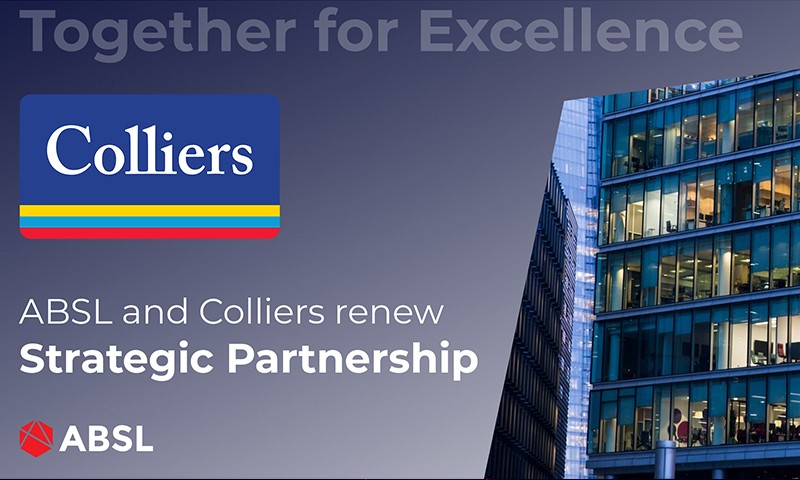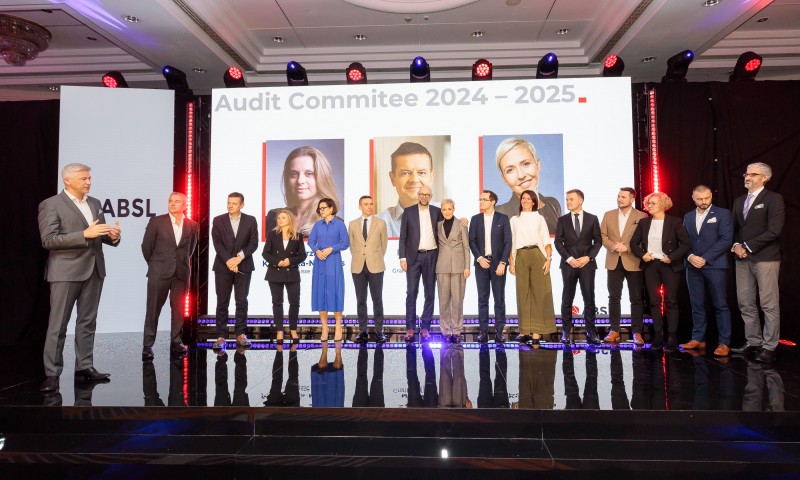Pitfalls in lease agreements. How to avoid them?
Unexpected increases in operating costs, inability to expand or sublet the leased space, rearrangements, or too short a negotiation time are just some of the aspects that can cause trouble for tenants, both at the lease negotiation stage and throughout using the office. How to avoid disappointments in leasing office space and how to protect yourself throughout the lease?
- To minimize risks, it is worth defining the company’s needs concerning the office, among other things related to its technical aspects, such as security, but also with respect to the work model chosen by the organization.
- Properly defined needs will make it easier to get precise answers from landlords when collecting offers and selecting the buildings.
Expansion and subletting, or flexibility embedded in the contract
The company’s growth rarely proceeds at the pace and exactly as originally planned. So it happens that the contracted office space turns out to be too small in relation to actual needs. Given such a scenario, care should be taken to include provisions in the contract regarding the priority of the lease under certain conditions. The absence of a proper provision gives the landlord a strong negotiating position. This may result in a disproportionately higher rent rate for the new part compared to the main space.
On the other hand, if there is a need to downsize, the tenant should have the right to sublet the space with the landlord’s consent. Such decision cannot be rejected without objective and clearly indicated reasons.
Arrangement changes
Even the clients who are very aware of their needs and perfectly prepared to relocate must take into account having to make rearrangements after signing the contract. The plan for a new office usually evolves over a very long time, influenced by ever-changing circumstances such as:
- introducing new work models, which many organizations are now experiencing,
- the global geopolitical and economic situation.
A well-prepared strategy for the work environment usually helps avoid radical interventions at late stages; however, one must always reckon with the unexpected impact of external events, as many entrepreneurs have learnt especially in recent years.
An often underestimated aspect of change is the technical one. If, according to the contract, the question of execution of the works rests with the landlord, they can make decisions as to the details of the schedule and the purchase of specific products necessary for the entire process. Until recently, this solution was fully acceptable to most tenants, because it released them from a number of onerous responsibilities. As long as the prices of materials and labour allowed landlords to cover the total cost of the arrangement, this was the most convenient option for future users. Nowadays, the situation has changed significantly. Prices have risen over the past two years and it is increasingly common for the tenant to have the work done by a contractor they hire. It is therefore worth ensuring that the contract includes a provision on the “design and build” formula, which provides flexibility in terms of deadlines and costs that is so necessary today. Flexibility gives room for substantial savings.
Operating costs
In the time of high inflation and energy crisis, this is a difficult issue. Both parties should be able to operate rationally and undisturbed within the framework of the lease agreement, but at the stage of negotiating it, it is worthwhile to specify exactly what type of services and with what frequency are provided by the landlord with the assumed down payment, and which will be additionally charged to the tenant. The landlord must have the freedom to manage the building to maintain its attractiveness in the market. On the other hand, tenants rightly expect that the standard offered to them will at least be maintained, and that any increase will be financially reasonable. Finding the middle ground is not easy, although doing an audit of operating costs, among other things, helps.
As costs rise, tenants increasingly expect to be informed about the electricity contracting policy for the building, sources of that electricity, as well as transparent knowledge of which items are maintained as part of the maintenance fee and which are not. It is important to check whether the expectations of the tenant and the landlord meet, and then negotiate a compromise in advance.
The right time to negotiate
A noticeable trend over the past few years has been the extension of the negotiation period. Both parties seek to establish the precise terms of the agreement, which is not easy due to conflicting interests. There are also more issues to discuss than in the past – tenants are asking about green and technology certifications, the building’s energy efficiency, consistency with ESG standards, or the quality of the future work environment.
In the past, it was recommended to start discussions one year before the end of the lease term; now, in challenging markets such as Warsaw, the time is best extended to as much as two years. At the same time, keep in mind that this period applies to areas of standard size, such as 1000-3000 sqm. Larger entities that need several thousand square meters or more should start looking for new premises much earlier. In the current volatile environment, planning over a multi-year period is not easy. Sometimes it’s worth renewing the existing contract. Renegotiating at the current site can be a good option in many situations, but in order to make an informed decision, it’s worth conducting a detailed analysis of the work environment, comparing a given offer with conditions in reference buildings in the area. This step is therefore the same as for relocation.
All of the above-mentioned aspects are extremely important, and each deserves a careful consideration. Of course, this is not an easy task, but with the help of a consultant and the right timeframe – it can be done. A well-designed and implemented office lease strategy pays off as it accelerates business growth and increases employee satisfaction.

Associate Director | Colliers
Warszawa
+48 668 139 778









